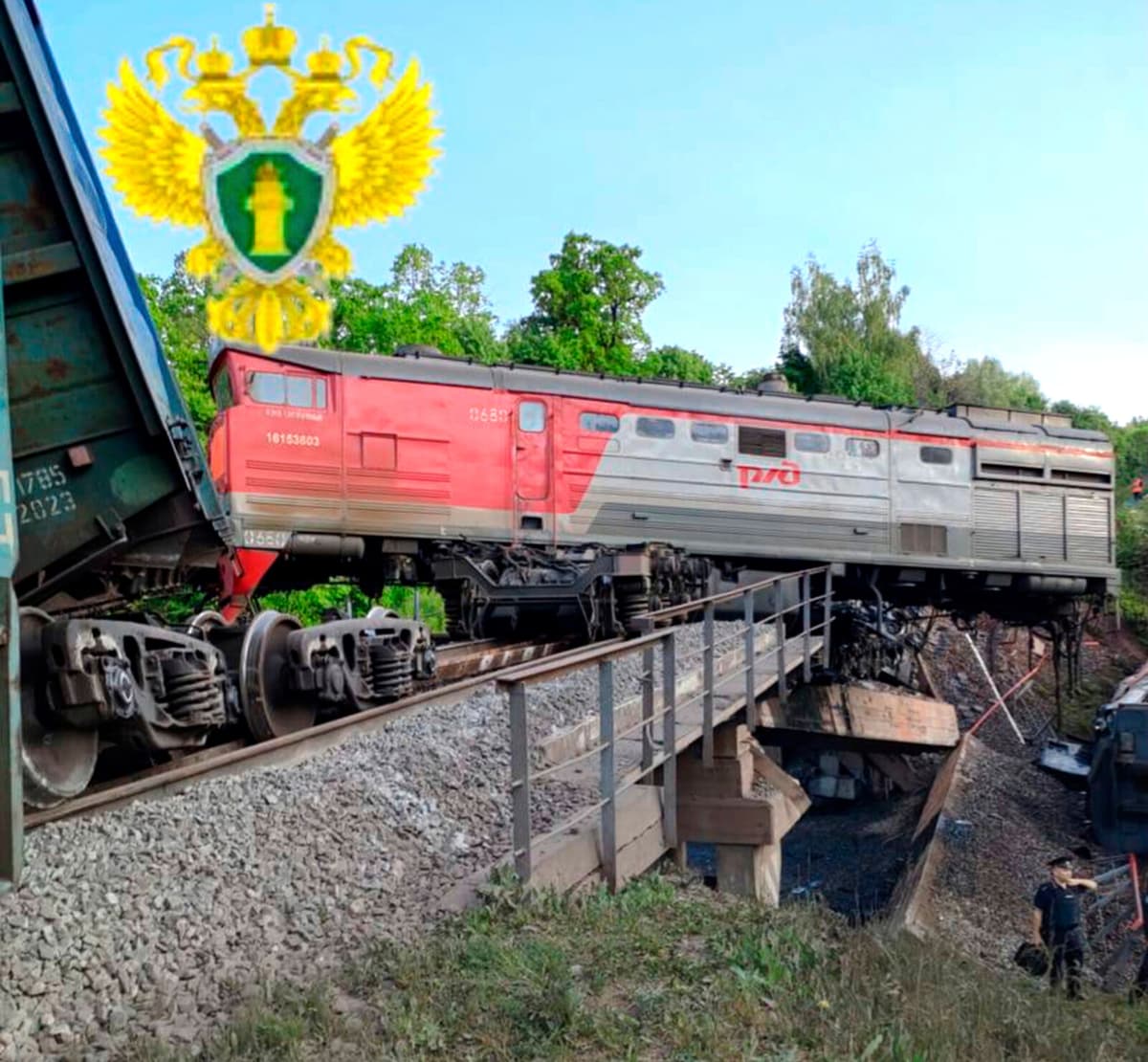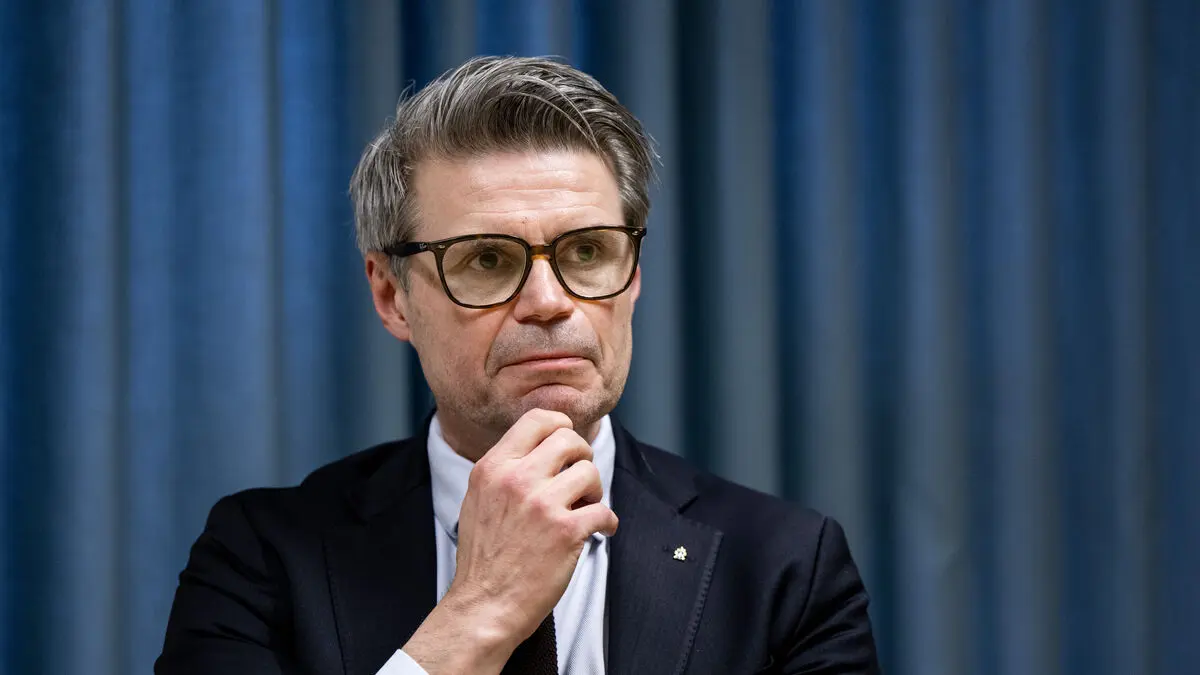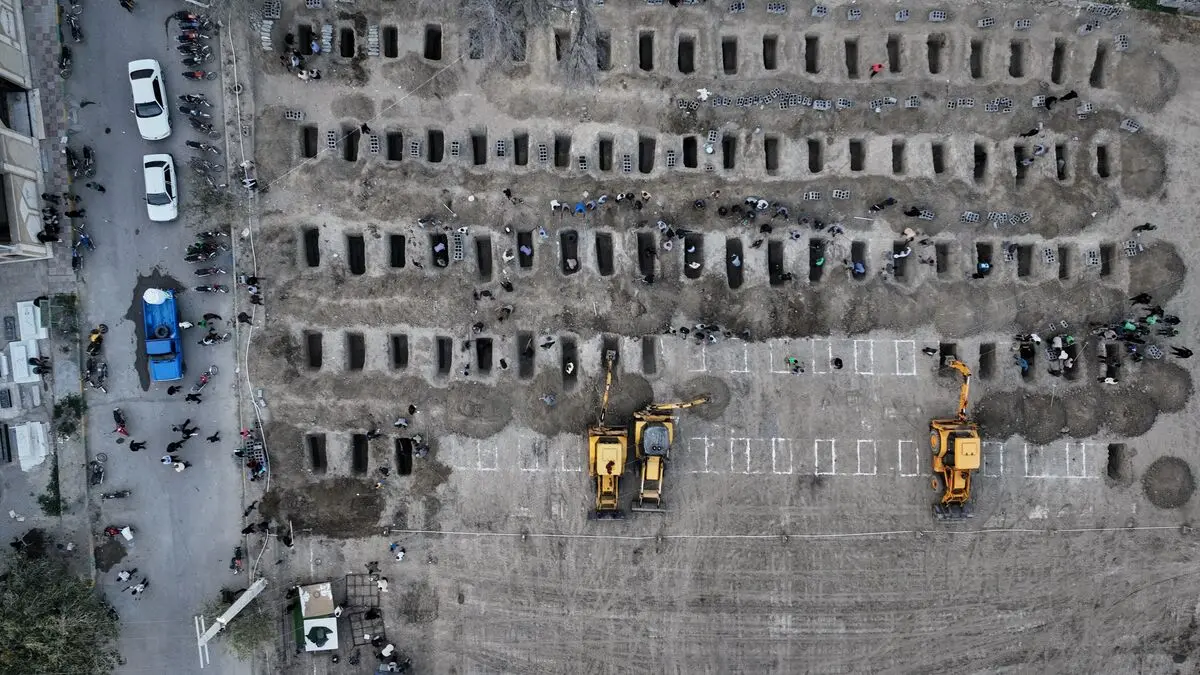Aleksandr Governor in Brjansk where the first derailment took place, also claims that the bridge collapsed due to an explosion, reports the regime-friendly Russian news agency Interfax.
The bridge was blown up when the train between Klimovo and Moscow was rolling with 388 passengers on board, claims Bogomaz in an interview with TV channel Russia 24.
The second bridge collapse occurred in the Kursk region during the night to Sunday. When the bridge collapsed, parts of a freight train fell onto a road under the overpass, according to official reports on Telegram.
There is no information about fatalities in Kursk, but a driver is said to have been injured in the legs and the entire crew has been taken to hospital.
Children among the injured
The reports of the bridge collapse came a few hours earlier. According to local authorities, at least seven people died and nearly 70 were injured.
"Seven people are dead since a bridge has collapsed on the railway track", writes Brjansk Governor Aleksandr Bogomaz on the messaging app Telegram. He also states that at least 69 people have been injured and that three of the injured are children.
The Russian railway company states that the bridge collapse was caused by "unlawful interference in transport operations" without describing what is meant by that.
Russia's federal investigative committee claims, however, that explosions are behind the two events and is investigating the incidents as "terrorist acts", reports AFP citing the regime-friendly news agency RIA.
Russia's federal security service FSB has continuously informed President Vladimir Putin, reports the Kremlin on Telegram.
Near the border
According to the Russian equivalent of the Transport Administration, the train in Brjansk passed under the bridge that collapsed and caused the train accident.
The accident occurred at 22.44 local time on Saturday, about ten miles from the Ukrainian border.
Russia's full-scale war of aggression against Ukraine has been going on for over three years. Attacks on infrastructure are not uncommon.






